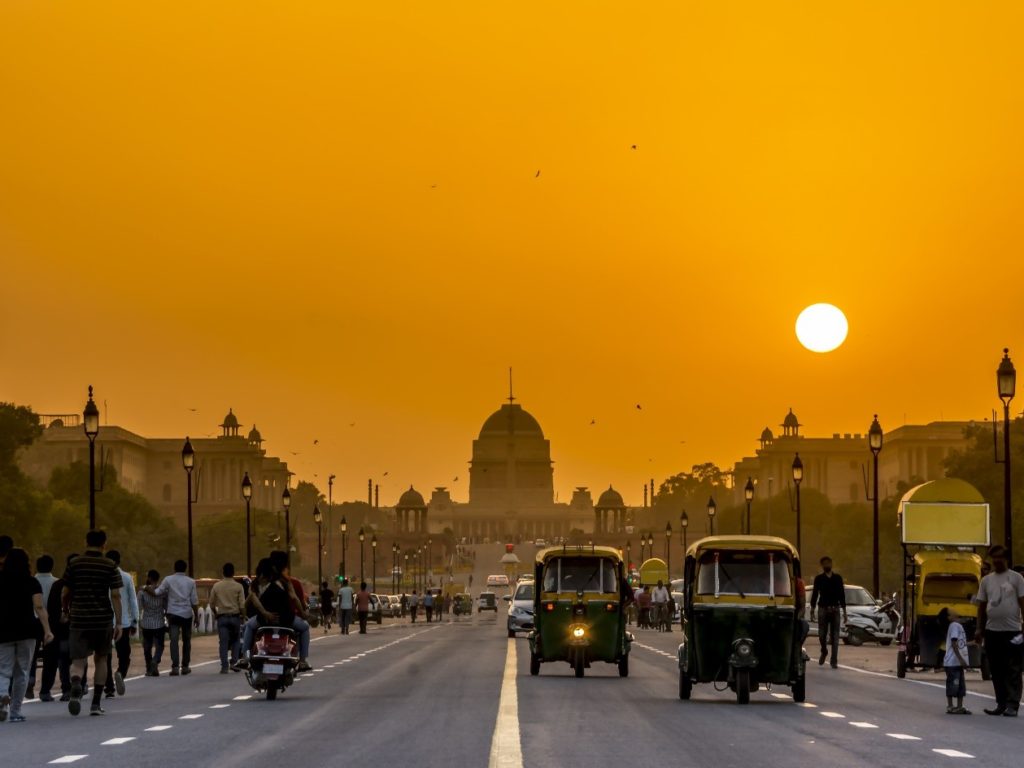
The Delhi High Court has dismissed the petition of Indian national, Aman Vyas, to challenge the decision of the Chief Metropolitan Magistrate to recommend his extradition to the UK to face trial on charges of murder, rape and three counts of sexual assault.
Mr Vyas is accused of the 2009 murder and rape of Michelle Samaraweera in Walthamstow, where he was at that time resident on a student visa. The CPS authorised charges in relation to the murder and rape, in addition to three allegations of sexual assault in the two months preceding the attack on Ms Samaweera.
In July 2011, Mr Vyas was detained at Delhi airport following the circulation of an INTERPOL Red Notice. He was remanded on bail in November 2011 and since then has been resident in Delhi where his legal team have resisted all attempts to extradite him to the UK.
On 15 July 2019, Delhi High Court handed down its judgment in which Justice Mukta Gupta examined the petition of Mr Vyas seeking to quash the December 2018 decision of the Chief Metropolitan Magistrate. Mr Vyas challenged his extradition on three grounds:
- that extradition is not permissible in the case of a suspect nor is it permissible for investigatory purposes. Only an accused or convicted person can be extradited and as no draft indictment or charge sheet has been filed against him, he is merely a suspect;
- that the evidence available is insufficient to make out a prima facie case against him for the offences on the extradition request; and
- the Indian government’s failure to annex all of the documentary evidence against Mr Vyas and their failure to authenticate the evidence which was submitted means he should not be extradited to the UK.
In rejecting Mr Vyas’ petition, the Delhi High Court decided:
- that the term ‘accused’ can be interpreted broadly and even encompasses those against whom there is a reasonable suspicion of offending. The requirement is not that a charge sheet has been filed but rather that the material before the requested state is sufficient to justify committal for trial. In this case the court found that there was sufficient evidence to justify Mr Vyas’ committal for trial;
- having examined the available evidence against Mr Vyas which included DNA samples, CCTV footage and witness statements, the judge decided that the material before the Metropolitan Magistrate was sufficient to make out a prima facie case against Mr Vyas for having committed the offences he is accused of in the UK; and
on the issue of scope, a distinction must be made between the standard of proof and the extent of evidence required in the course of a criminal trial; and that required to make an extradition recommendation. In order to extradite a requested person, the requesting state needed only to establish a prima facie case for committal, which the UK government had done.
Categories: India, United Kingdom



Recent Comments